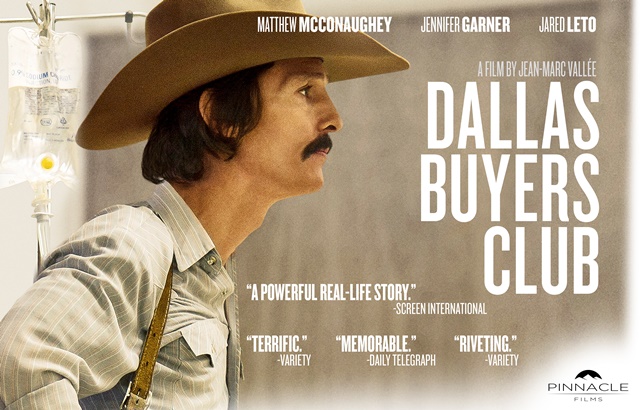The FDA’s Monopoly Kills Consumers
When government assumes the role of certifying or approving products it limits consumer protection and increases the probability of corruption. The Federal Food and Drug Administration, for example, is charged with the protection of consumers, and all food and drug products require their stamp of approval before hitting shelves. But is this the best way to ensure quality standards? And what are the adverse effects of having just one body charged with such a task?
It’s important to realize that many of the products we use every day have not been government certified or approved. Metals that make up our buildings and automobiles, for example. Firms such as Underwriters Laboratories test and certify such materials. Electronics, from those in your car to those in your mobile devices, may have to pass FCC interference guidelines, but are ultimately underwritten by some private entity. The vast amounts of companies that require or willfully seek certification for their products do so through private sector entities. These entities compete with each other, ensuring that quality not money achieves the rating. Companies pay for these underwriters to review and approve their products because it allows them to advertise those products as being certifiably functional and safe.
Even without an FDA food companies would have a direct interest in seeking out a third party body to attest to the quality and safety of their products, and that third party would have direct interest to report these facts honestly if it wished to attract new clients. But what keeps the FDA honest? There is no competition, if a company doesn’t pass the FDA’s review there is no other avenue.
And when it comes to drugs, the FDA is the gatekeeper, deciding which out of thousands of new drugs will get official trials and possibly be allowed to hit the market. It’s a review process which has created a system wrought with cronyism. Last year’s academy award winning movie Dallas Buyer’s Club detailed the real life struggle of a man diagnosed with AIDS in the 1980’s as he fought FDA regulations to get experimental drugs into the hands of dying people.
The FDA’s monopoly is fertile ground for corruption. It’s a system that serves special interests and puts the market’s consumers at considerable risk. In some cases, the special relationship between the FDA and Big Pharma has actually killed people. Bayer has faced thousands of lawsuits over their birth control pills Yaz and Yasmin. The drugs caused a severe risk of obstructed blood vessels from blood clots, leading to pulmonary embolism, stroke, heart attack, and even death. How did such a drug get FDA approval? Turns out at least four members of the FDA advisory committee had either done work for the drugs’ manufacturers or licensees or received research funding from them. At least 23 deaths have been linked to the birth control pill.
If the FDA didn’t have a monopoly of drug approval Bayer wouldn’t have been able to buy its way onto the shelves with an unsafe drug. It would have had to use private sector entity which would be placing its own liability and future on the line by attesting to Yaz’s safety. Numerous review and certification entities would mean competition and thus loss of profits and consumer trust would be all too easy if they endorsed the wrong products. Consumers, not Big Pharma cronies, would decide what drugs to use based on their established trust with various review entities. The result would be a safer, consumer driven process of ensuring the quality and safety of the food and drugs on that end up on shelves and the loss of power and money to crony bureaucrats with self-serving agendas.







